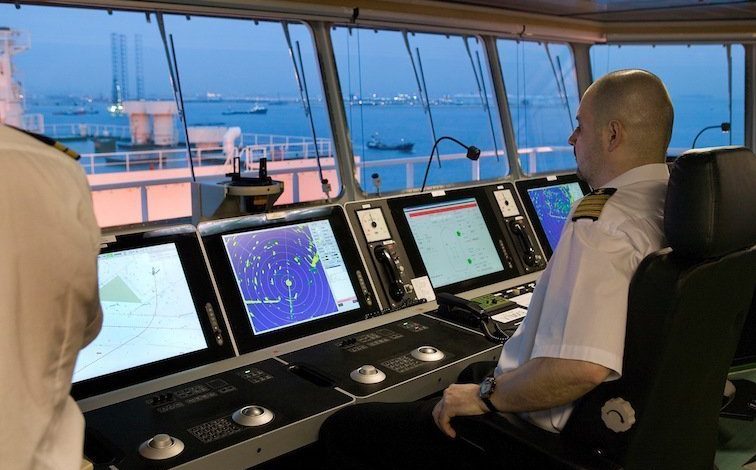Shipmanagement’s future post-Covid

How the shipmanagement industry is changing during and post-Covid dominated much of the discussion at Capital Link’s Hong Kong Maritime Forum today.
Peter Cremers, chairman of Anglo-Eastern Group, admitted that working from home had been “a bit of an eyeopener” for him and senior management at the Hong Kong manager.
We are as an industry immensely capable of blaming events for our fundamental woes
“The biggest change has been the surprise that you can work from home,” Cremers said, adding the second big realisation was how much shipmanagement relies about going physically onboard ship. “Without that it all falls down,” Cremers said, going on to explain how it had been vital this year to transfer more responsibilities and decision making to crews.
Angad Banga, chief operating officer at Caravel Group and Fleet Management, told the online event: “The world will be a different place coming out of the virus and we need to align ourselves with what it will be like, not the past.”
Remote working will leap, even as coronavirus vaccines kick in, Banga said, suggesting that trend had fast forwarded by five years during 2020.
Corporate travel would remain subdued for many years, he predicted.
On a later panel, Mark O’Neil, president of Columbia Shipmanagement, discussed how shipping tends to blame external events for its own problems, something that needs to stop post-Covid.
“We are as an industry immensely capable of blaming events for our fundamental woes,” he said citing the IMO 2020 sulphur cap and Covid-19 as recent examples.
Regarding coronavirus and its effects on his workforce, the Columbia boss insisted the morale of his crew has never been higher as Columbia has spent the last 10 months addressing issues that should have been identified a long time ago.
O’Neil discussed the importance of communication during Covid-19, as well as addressing diets, mental health issues, tackling benefits packages, and offering free wifi.
What damage this has done to the future of our industry in terms of being able to recruit the next generation of seafarers remains to be seen?
“We should look internally at ourselves, how we can collaborate more, how we can use Covid-19 as a catalyst to bring about good change,” O’Neil exhorted his fellow panellists.
Speaking alongside O’Neil, Bjorn Hojgaard, CEO of Anglo-Eastern and chairman of the Hong Kong Shipowners Association used the Capital Link platform to lash out at governments for their failure to resolve the crew change crisis.
“Covid-19 has shown that when it is crunch time governments cannot coordinate,” Hojgaard said.
“The reality is crew change has been possible after the first two months of lockdown at the start of the pandemic, it is just a question of how much money you want to throw at it, how many days deviation do you want to do?” the Anglo-Eastern boss said, going on to reveal that on average every managed ship in his fleet had to fork out an extra $30,000 this year for crew changes.
“What damage this has done to the future of our industry in terms of being able to recruit the next generation of seafarers remains to be seen?” Hojgaard mused.

Covid-19 has strengthened the hand of petty bureaucracy everywhere. I am sure that anyone who runs ships in international trade can tell stories.
Covid19 is humanity disaster but more impacts were on mariners .Even many countries rulers,President, Prime minister don’t realized #Mariners as essential service provider.
The only way is industrial action by the maritime industry when countries factories get deprived of essentials commodities fuel rations foods medicines to run them, suddenly all rules affecting crew changes will change overnight